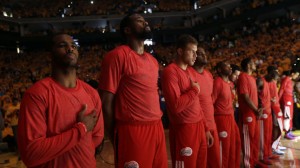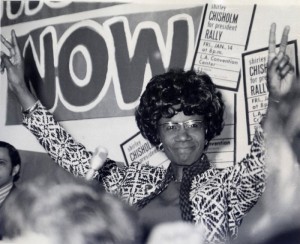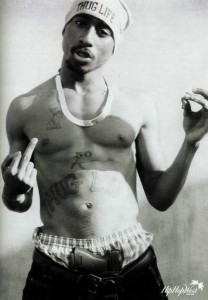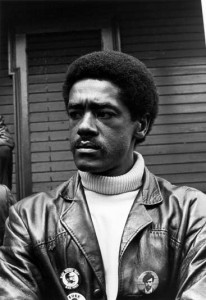Alright before I begin, It has to be understood that black people are different. These are my thoughts, based on my life and understanding of the Black Experience. This is hypothetically speaking.
At no point during our history here in America, nor before while in Africa have all black people been a homogeneous group of people. The currenI’mt condition for the majority of black people, our collective experience throughout our time in the Americas, and American society’s insatiable desire to racially classify on a social level make it extremely necessary to encourage solidarity and identify leaders within the Black community.
One has to acknowledge the fact that there are just as many differences within the black community than there are between black and white people.
Whoever speaks for the majority of Black Americans has to not only identify with the majority of black people’s reality, but also be willing to put black people at the forefront of their political positions.
Unlike the majority of politicians our leaders can not pick and choose in what speeches they will mention the plight of Black America.
Unlike the majority of our professional athletes, black executives, and entertainers our leaders can not stay quiet in order to stay in good standing with their employers and sponsors.
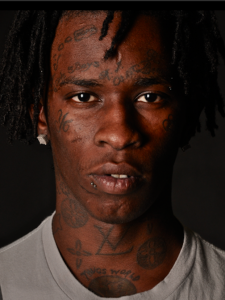
Entertainer Young Thug When asked about Ferguson this punk avoided speaking out on whats happening down there. Stop profiting off elements of the black experience if you arent willing to defend and acknowledge it sucka.
Unlike some so called black leaders today, our leaders can not just come out when the cameras are on.
Whoever leads the majority of Black Americans has to always be willing to be a voice for the black community, whether that be on a local level or nationally speaking.
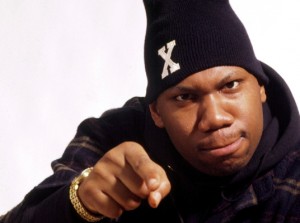
KRS-One uses hip hop to spread his message. Speaks for the disenfranchised and always willing to speak on issues. Highly educated, and highly influential.
Words have to be transcending. Skin color or simply doing good deeds is just the start. Educating not only our community, but society as well. It is about uniting all people who want peace, equality and justice and protecting our youth, and our culture. Our leaders have to empower the disenfranchised.
It is unlikely that the leader of the majority of the black community come from the upper-upper middle class. They only consist of 9% of the black population. A large number of black people within this group do not identify with the disenfranchised nor want to. This is not to say that racism and discrimination do not affect this demographic, I am simply saying this group is more equipped to deal with it. As a result, they are less likely to feel compelled to actually speak on the behalf of the majority of black people.
Some upper-upper middle class black people have reached a point where they feel comfortable with their positions in life. They do not want to jeopardize their relationships with the majority by expressing their outrage or concern, for example the treatment black men receive at the hands of the police.
Some within the upper-upper middle class identify with the majority whether born into money or not. Some use their money, access to institutions and information otherwise inaccessible to the poor and disenfranchised. Unless one is fully autonomous an upper-upper middle class black person could not be a majority of leader of Black America due to the constraints and agenda of ones employer.
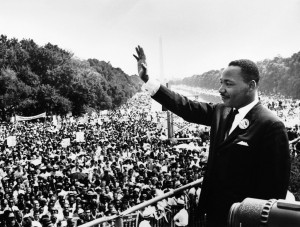
Spoke for all black people. Spoke for all those who were poor and disenfranchised. Spoke to not only America but the world!
The black middle class is the most conflicted group, in relation to identity. Some relate and fully identify with the disenfranchised and others want to identify with the upper-upper middle class. A majority leader from the middle class makes the most sense if one can identify with the poor and disenfranchised, as well as be fully equipped to communicate and debate with the upper classes both white and black people.
To me it makes the most sense for the majority leader of Black America to come from the working class/lower class. Regardless of any disagreements amongst the group, the everyday reality of the black experience at this level creates a sense of urgency. Experiences are more likely to be felt in some capacity by all due to the reality of low paying jobs and poverty.
It is my personal opinion that Black people living below the poverty line are the most affected by institutional racism, and the most likely to have negative interactions with White Americans. This is not to negate negative experiences of other black people outside this demographic, nor is it an attempt to separate poor from the rich.
27%(11 million) of all black people in America live under the poverty line, the only group within America more neglected by the country(government and citizens) than this demographic is Native Americans. Millions of black males age 18-35 are out of work. Although the voice does not need to necessarily come from this demographic, their has to be a strong emphasis on this demographic by whoever is speaking for the black community as a whole.
Criticized not only by White America, they are also criticized by the older generations of black people, as well as the affluent class of black people.
Criticism from older generations is somewhat unfair in relation to employment, considering the fact that 60 years ago most black people living below the poverty line would still be employed, making some type of living. Although not the only reason, employment has decreased as the role of technology has increased. The demand for low skill labor has been replaced with a demand for educated, highly skilled individuals with a focus on STEM fields.
I envision a committee made up of women and men from all classes.
Although I do not touch on it in this piece I have to acknowledge that it is way more than class. Generational conflict, sexism, elitism, individualism, different levels of assimilation, non conformist vs conformist, different levels as well as different types of education, different perspectives on treatment black people received in this country.
The fact is, there are a number of leaders in the black community. Some receive recognition while others do not.

